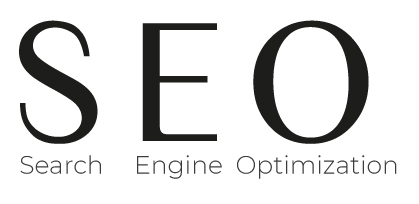SEO ¿What is it and how does it work?


Table of Contents
WHAT IS SEO?
Since 1990 website administrators and developers were already thinking about search engine optimization; however, the term as such started to be used in 1997. It is also known as organic web positioning, because the results of this optimization depend on ‘natural’ or unpaid actions, inside (on page) and outside the page (off page), the objective of this practice is to make the website appear in the first search results or SERPS and for this each search engine manages its qualification algorithm or positioning.
HOW DOES SEO WORK?
Each search engine (Google, Bing, Yahoo, Yandex, among others) manages a rating system which determines which are the most effective and reliable websites for the user’s search. In the case of Google, which is the most used search engine in the world, it takes into account the following parameters to give a rating to your website:
- Website crawlable for bots.
- Website speed.
- Website performance.
- Website content.
- Website structure.
- On Page and Off Page optimization.
Through different tools and measurement platforms SEO consultants can analyze and determine which are the points or parts to strengthen within your website to improve the qualification and thus position it in the first search results.
SEO ON PAGE.
The on page managements, are those that are carried out within the website, within these we have:
- Tags, H1, H2, H3, H4… tags.
- Meta descriptions.
- Titles.
- Alt tag.
- Value content management.
OFF PAGE SEO.
On the other hand we have the off page management, which unlike the previous ones are performed outside the website:
- Links of references in other websites or backlinks.
- Press releases.
- Guest Posting (Articles as guest author)
A few years ago there was the social network Google+ or also known as Google plus and being on it helped the positioning of the website within the Google search engine. Since then, some people consider social networks as an important factor for organic web positioning, but it is not really. Let’s start from the basis that to measure if our positioning in search engines (in this case Google) is improving, through Google Analitycs we measure the organic traffic, on the other hand to measure the work of social networks and their contribution in the visits to the website we take as a reference the traffic of the social channel, you see, they are two different channels, which from the digital marketing strategy contribute to the overall positioning of your website or your brand.
KEYWORD RESEARCH, ESSENTIAL FOR A GOOD SEO POSITIONING.
The result of keyword research or keyword research, is what will help us to give direction to our content strategy within the website, and remember that the content strategy is not only important for the blog, if you do not know what we are referring to or you are new here we invite you to read Content marketing in a digital strategy.
Returning to our main idea, to do an effective keyword research we must analyze two things; the first would be how I can reach people who need my services or products, how they would look for me and how those who are not looking for me can get to know me; the second is to analyze the competition, it is certainly a very good reference, but do not fall into the mistake of copying, we all do not work the same strategies.
The result of this first phase will be a large group of words that you could use, but here comes the interesting part of the exercise, you must analyze, evaluate and compare to define your main keywords, once selected you are ready to start developing the content of your website focusing on these keywords and their variations.
In conclusion without the keyword research we could not start an SEO strategy.